Keurig Cancer Warning: Comprehensive Guide on Safety Measures
Coffee, oh beloved drink of many of us! But wait, is your morning Keurig ritual putting you at risk? Pop a pod, sip, and let’s delve into this critical issue. Between us coffee lovers, it’s essential to know about the ongoing Keurig cancer warning.
Keurig’s convenience comes under scrutiny, but fear not! We’ll look at all corners of this concern, from the chemicals lurking in your K-Cups to the hazard of high temperatures. You didn’t click here to panic but to stay informed and find safer cafe-quality alternatives for your daily caffeinated fix.
Being informed makes all the difference for our health choices. I’m with you every step of the way, helping you understand these risks and transform them into rewards – a healthier coffee lifestyle. Cheers to that!
Understanding the Keurig Cancer Warning: What It Is?
The surge in popularity of Keurig’s single-serve coffee makers and their K-Cup coffee pods brings both convenience and a growing concern for health safety. The focus of the Keurig cancer warning is primarily on the materials used in K-Cups, notably plastic. These concerns are rooted in the potential for carcinogenic substances to leach into the brewed coffee from the plastic components of the K-Cups.
The Risks Linked to Keurig’s Single-Serve Coffee Makers
When you use Keurig’s single-serve coffee makers, it’s important to consider the chemicals found in K-Cups, especially when they are heated during brewing. Bisphenol A (BPA) is particularly concerning, as it has well-documented links to serious health issues, including cancer.
Even those “safer” alternatives, like Bisphenol F (BPF) and Bisphenol S (BPS), can potentially pose the same risks. It’s a reminder that sometimes trying to make improvements doesn’t always leave us in a better place.
Another point to consider is the exposure to aluminum from the foil lids on K-Cups. While Keurig assures us that the coffee doesn’t make direct contact with the aluminum, there is still a lingering worry that can’t be fully ignored. This is particularly significant if you’re using these pods frequently.
Lastly, there’s acrylamide, a chemical that forms during the roasting of coffee beans. Acrylamide is acknowledged as a potential carcinogen. This risk is not exclusive to Keurig products but applies to all roasted coffee. Hence, it’s crucial to be aware of this issue and take necessary precautions.
Crucial Health Risks Associated with K-Cups You Should Know
What Potential Carcinogens in K-cups Mean for Your Health
Keurig cancer warnings often focus on the variety of harmful chemicals found in K-Cups, with BPA (Bisphenol A) being one of the most notorious. BPA has been extensively linked to cancer and other severe health conditions, making its presence particularly concerning. Even so-called BPA-free plastics are not entirely risk-free. These materials can exhibit estrogenic activity, potentially disrupting hormones and impacting fertility.
Furthermore, many K-Cups contain ingredients such as hydrogenated oils and artificial flavors. These additives not only lack nutritional benefits but also carry potential health risks. Consuming them regularly can contribute to an accumulation of harmful substances in the body.
The Truth About BPA and Its Health Implications
Understanding the health risks associated with BPA is crucial for discerning the Keurig cancer warning. BPA exposure has been correlated with various severe health issues, including cancer, hormone disruption, and fertility problems. Despite Keurig’s claims that their pods are BPA-free, substitute chemicals like BPF (Bisphenol F) and BPS (Bisphenol S) are used, which present similar health risks. Continuous, even if low-level, exposure to these chemicals can lead to significant health implications over time.
Aluminum Exposure Risks: What Keurig Isn’t Telling You
Another critical component of the Keurig cancer warning is the potential for aluminum exposure. The foil lids of K-Cups can pose a risk, especially when high heat and acidic coffee content are considered. Although Keurig asserts that coffee never comes into direct contact with aluminum, the possibility of microscopic leaching remains. Prolonged exposure to aluminum has been linked to various neurological issues, including brain problems, depression, anxiety, and autoimmune diseases.
While the immediate risk may seem marginal, the potential for cumulative exposure is concerning. It’s important to note these risks, even if they may initially appear to be minute, to make informed decisions about your daily coffee habits.
Crucial Health Risks Associated with K-Cups You Should Know
What Potential Carcinogens in K-cups Mean for Your Health
When I first started looking into Keurig cancer warnings, I was shocked by the variety of harmful chemicals found in K-Cups. The most notorious is BPA (Bisphenol A). This chemical has been extensively linked to cancer and many other severe health conditions, making its presence particularly concerning. Yet, even so-called BPA-free plastics are not entirely risk-free. Did you know these materials can still exhibit estrogenic activity? This means they can potentially disrupt hormones and impact fertility.
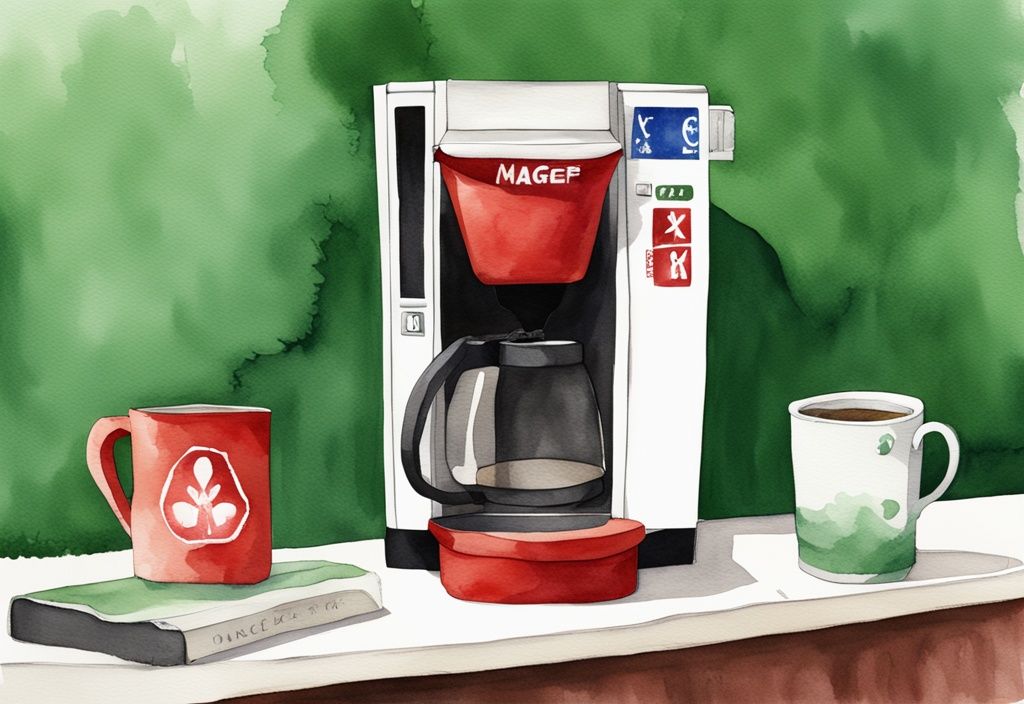
But that’s not all. Many K-Cups contain ingredients like hydrogenated oils and artificial flavors. While they might enhance taste, these additives really lack nutritional benefits and bring along a host of potential health risks. Consuming them regularly? This can contribute to a harmful buildup of substances in your body, which is far from ideal.
The Truth About BPA and Its Health Implications
Understanding BPA’s health risks is crucial if we want to fully grasp the Keurig cancer warning. BPA exposure has been correlated with a range of severe health issues, including cancer, hormone disruption, and fertility problems. Now, you might think you’re safe with BPA-free products, right? Unfortunately, despite Keurig’s claims that their pods are BPA-free, they use substitute chemicals like BPF (Bisphenol F) and BPS (Bisphenol S). These substitutes present similar health risks. Continuous exposure, even if it’s low-level, can lead to significant health issues over time.
Aluminum Exposure Risks: What Keurig Isn’t Telling You
Let’s talk about another critical component of the Keurig cancer warning: aluminum exposure. The foil lids on K-Cups pose their own risks, especially when you consider the high heat and acidic content of coffee. Keurig asserts that coffee never comes into direct contact with aluminum, but the possibility of microscopic leaching remains. Prolonged aluminum exposure? This has been linked to neurological issues like brain problems, depression, anxiety, and even autoimmune diseases.
While the immediate risk might seem small, the potential for cumulative exposure is a bigger deal than you might think. It’s essential to take these risks into account—even if they initially appear minor—so you can make informed decisions about your daily coffee habits.
How Hot Beverage Temperature Impacts Your Health
Unravelling the Link Between Hot Beverages and Esophageal Cancer
Consuming hot beverages at high temperatures can have serious health implications, particularly concerning esophageal cancer. Research indicates that regularly drinking liquids hotter than 140 degrees Fahrenheit can significantly increase the risk of developing this cancer type.
A study published by the International Journal of Cancer highlighted a startling statistic: individuals who frequently consume hot tea at this temperature face a 90% higher risk of esophageal cancer compared to those who drink cooler beverages. This finding underscores the importance of being mindful of beverage temperatures to mitigate potential health risks associated with the Keurig cancer warning.
Decoding the Safe Drinking Temperatures for Keurig Machines
Understanding the safe drinking temperatures for Keurig machines is crucial for reducing health risks linked to hot beverages. According to the World Health Organization, beverages should not exceed 149 degrees Fahrenheit to be considered safe for consumption.
Despite this guideline, Keurig coffee makers heat water internally to 192 degrees Fahrenheit. However, the temperature of the final dispensed coffee typically ranges between 180 to 185 degrees, which still exceeds the recommended safe drinking limit.
Given these higher temperatures, it’s wise to measure your drink’s temperature using a thermometer before consumption. Aim to cool your beverage to below 140 degrees Fahrenheit to ensure it is safe to drink.
By doing so, you can enjoy your favorite Keurig-made coffee while taking proactive steps to protect your health and heed the Keurig cancer warning.
Keurig Machines & Environmental Impact: A Comprehensive Analysis
Understanding Proposition 65 Warning on K-Cups
California’s Proposition 65, formally known as the Safe Drinking Water and Toxic Enforcement Act of 1986, mandates that consumers be informed about chemicals that could cause cancer, birth defects, or other reproductive issues. This is why Keurig machines bear a cancer warning.
Acrylamide, a chemical that forms when coffee beans are roasted at high temperatures, is at the heart of this warning. Acrylamide is a potential carcinogen, which means it could cause cancer with long-term exposure.
Although the presence of acrylamide isn’t unique to Keurig K-Cups, but common to all coffee products, it’s crucial to be aware of this potential health risk.
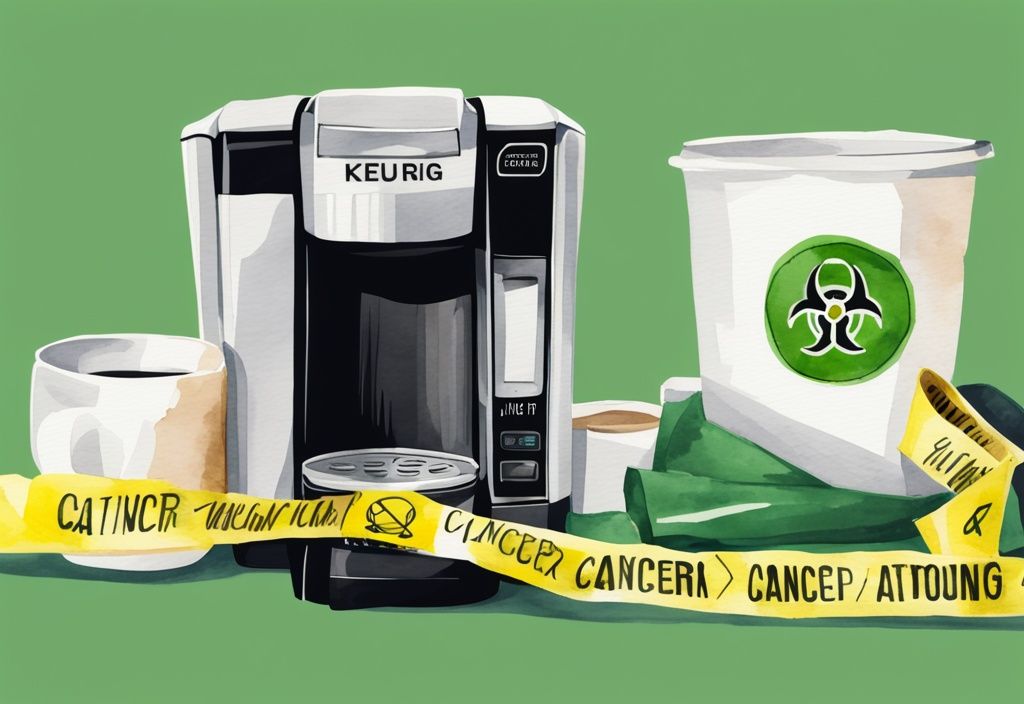
Animal studies have shown that acrylamide can also have reproductive toxicity. This should not be a minor concern but a significant factor in our daily choices.
Beyond health concerns, the environmental impact of Keurig K-Cups adds another dimension to this issue. Single-use plastics, like those in K-Cups, contribute significantly to landfill waste and ocean pollution, taking centuries to decompose. Furthermore, the manufacturing process releases various toxic chemicals into the environment, exacerbating ecological damage.
Understanding these points leads us to reflect on our consumption habits. While Keurig offers unparalleled convenience, it’s important to balance this with the potential long-term health risks and environmental impact. For those looking to mitigate these risks, alternatives such as reusable K-Cup filters or choosing traditionally brewed coffee using BPA-free, environmentally friendly materials are great steps forward.
Making small, mindful changes can yield significant benefits for both personal health and the environment. Practical, sustainable options not only reduce exposure to harmful chemicals but also lessen our ecological footprint, promoting a healthier lifestyle and a cleaner planet.
Safer Alternatives to K-Cups for the Health Conscious
Explore safer and healthier ways to enjoy your daily coffee without compromising on convenience. From switching to reusable filters to choosing BPA-free options, these tips will guide you towards a more mindful and non-toxic coffee experience.
Lesser-known Facts about Using Re-usable K-Cup Filters
One of the primary benefits of switching to re-usable K-Cup filters is the reduction of exposure to potentially harmful chemicals found in single-use K-Cups. Using fresh coffee grounds can help you avoid the carcinogenic risks linked to heated plastics and other additives. Nothing beats that comforting aroma of fresh coffee, knowing it’s safer too.
Additionally, re-usable filters offer an eco-friendly solution by minimizing plastic waste. This aligns with both health-conscious and environmentally conscious goals. Imagine the cumulative impact on our planet when many opt for reusable options. It’s a choice that benefits both you and the Earth, making each cup of coffee not just a personal delight but also an act of environmental stewardship.
Why You Should Avoid Letting Coffee Sit in Your Keurig Machine
Letting coffee sit in your Keurig machine for extended periods can lead to the proliferation of bacteria and other harmful substances. This stagnant environment is conducive to microbial growth, posing health risks when the machine is reused without proper cleaning. I’ve learned firsthand how crucial it is to keep an eye on this.
To mitigate these risks, it is advisable to consume your coffee immediately after brewing. Ensuring that your machine is regularly cleaned and maintained further promotes a healthier coffee drinking experience. Regular, simple maintenance can go a long way in reducing concerns linked to harmful pathogens. If you’re interested in beverages made with similar care, you might wonder, how is organic tea made. A clean machine means a cleaner, safer cup every time.
How To Opt For BPA-Free Plastic Cups?
When looking for safer alternatives to K-Cups, it is essential to choose reusable cups and machine parts that are explicitly labeled as BPA-free. This labeling ensures that the products do not contain Bisphenol A, a chemical associated with various health risks.
For an even more secure option, consider selecting cups and components made from materials such as stainless steel or glass. These materials are not only free from BPA but also from its substitutes like BPF and BPS, thereby minimizing your exposure to potentially harmful chemicals. In my journey towards non-toxic living, choosing such materials has been both reassuring and beneficial.
FAQs to Clear All Your Doubts About Keurig Cancer Warning
The concerns surrounding Keurig K-Cups and their health implications can feel daunting. Here, we tackle some of the main questions to help you make informed choices and feel more at ease.
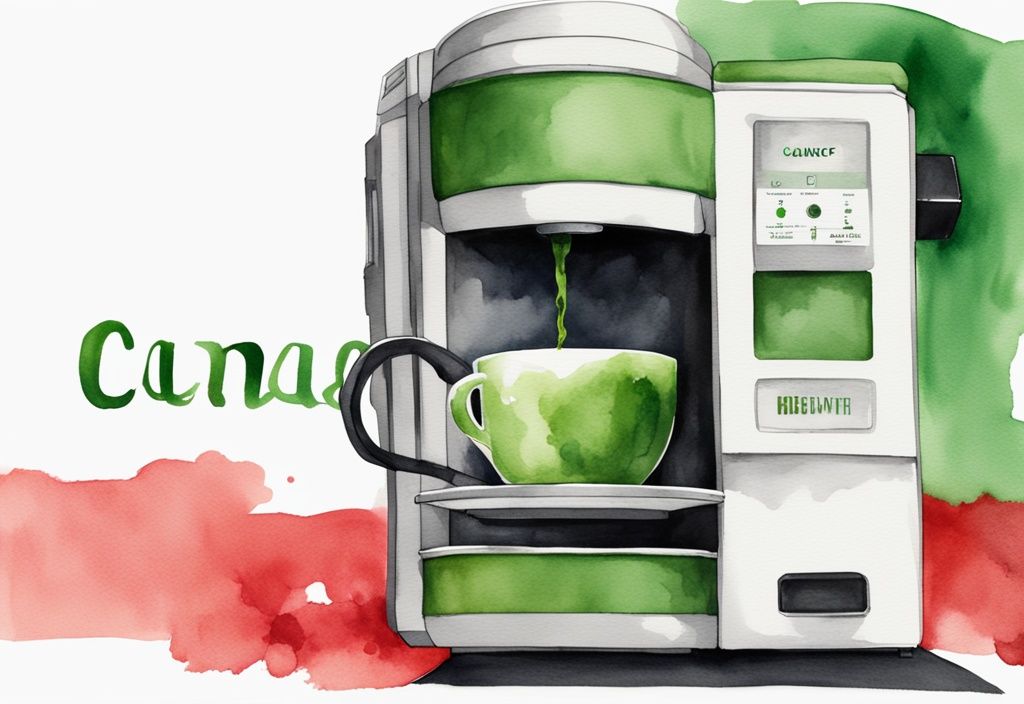
Why are K-Cups Potentially Dangerous?
K-Cups are mostly made of plastic, which can release harmful chemicals when heated. The primary worry is about the potential leaching of BPA, BPF, and BPS, chemicals with known adverse health effects. Additionally, aluminum exposure from the foil lids of K-Cups further adds to the potential health risks.
Are Keurig K-Cups Really BPA-Free?
Keurig claims their pods are BPA-free. However, it’s important to realize that alternatives like BPF and BPS, often used in BPA-free products, may still show estrogenic activity. This activity can disrupt hormonal balance and lead to other health concerns.
Can Drinking From a Keurig Machine Cause Cancer?
No direct evidence links Keurig use to cancer. That said, the presence of chemicals like BPA, acrylamide, and potential aluminum exposure warrants caution. Moreover, drinking very hot beverages regularly might increase the risk of esophageal cancer.
What Are the Environment-Friendly Alternatives for K-Cups?
Consider using reusable K-Cup filters with fresh coffee grounds. These options not only reduce plastic waste but also limit exposure to harmful chemicals. Choosing BPA-free plastic cups or alternatives made from stainless steel or glass can further diminish potential health risks.
Remember, every small step towards reducing exposure to hazardous chemicals makes a significant difference for both your health and the planet.
Conclusion: Your Guide to Healthier Coffee Using
The convenience of Keurig’s single-serve coffee makers is undeniable, but it’s essential to stay informed about potential health risks, often referred to as the Keurig cancer warning. By making mindful and informed choices, you can mitigate these risks and savor a healthier coffee-drinking experience.
Opt for Reusable Filters
Switching to reusable K-Cup filters is one effective way to reduce potential hazards. These filters enable you to use fresh coffee grounds, significantly lowering your exposure to harmful chemicals commonly found in single-use K-Cups.
Moreover, reusable filters are an eco-friendly option that helps minimize plastic waste, aligning with a more sustainable lifestyle. Balancing this dual benefit of health and environment, reusable filters can transform your daily coffee ritual into a more conscientious practice.
Ensure Safe Drinking Temperatures
Maintaining beverages at safe temperatures is crucial to avoid the increased risk of esophageal cancer. Keurig machines heat water to 192 degrees internally, but the final drink typically measures between 180 to 185 degrees.
It’s advisable to use a thermometer to ensure your drink’s temperature is below 140 degrees for safer consumption. Making this small adjustment can significantly reduce health risks while still enjoying a warm cup of coffee.
Choose BPA-Free Options
Limiting your exposure to harmful chemicals by opting for BPA-free K-Cups and reusable cups is essential. Ensure any reusable components are explicitly labeled as BPA-free.
Alternatively, consider materials such as stainless steel or glass for a safer coffee experience. Even though Keurig claims their pods are BPA-free, it’s important to remain cautious about substitutes like BPF and BPS, which pose similar health risks.
Balance Health and Environmental Impact
Balancing personal health with the environmental impact of your coffee choices is essential. By selecting reusable filters, maintaining safe drinking temperatures, and choosing non-toxic materials, you can enjoy Keurig coffee makers’ convenience responsibly.
Making these conscious choices ensures a more sustainable and mindful coffee-drinking journey. The effort you invest in these small changes can lead to significant benefits for both your health and the planet, making each cup of coffee a step towards a healthier, more sustainable lifestyle.
Hi, I’m Olivia Green, the voice behind nontoxicways.com. I’m passionate about helping you make the shift to a healthier, non-toxic lifestyle without feeling overwhelmed. I love sharing my personal journey, from small changes to big transformations, along with practical tips that make it all feel doable. My goal is to inspire and guide you toward a lifestyle that benefits both your well-being and the planet. Let’s take this journey together, one simple step at a time!
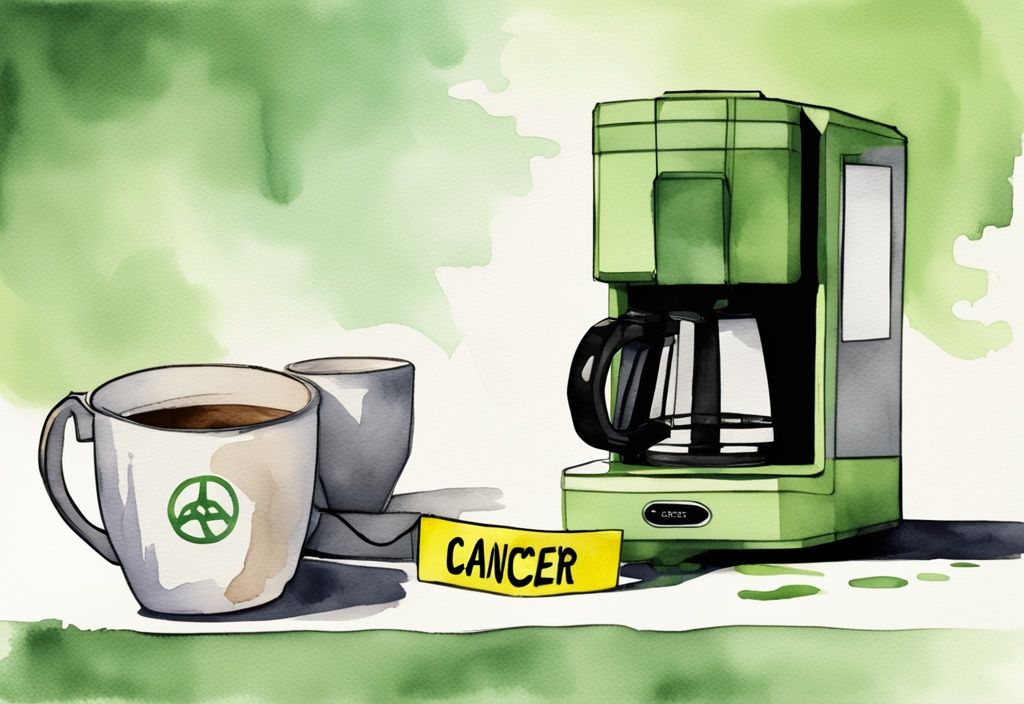
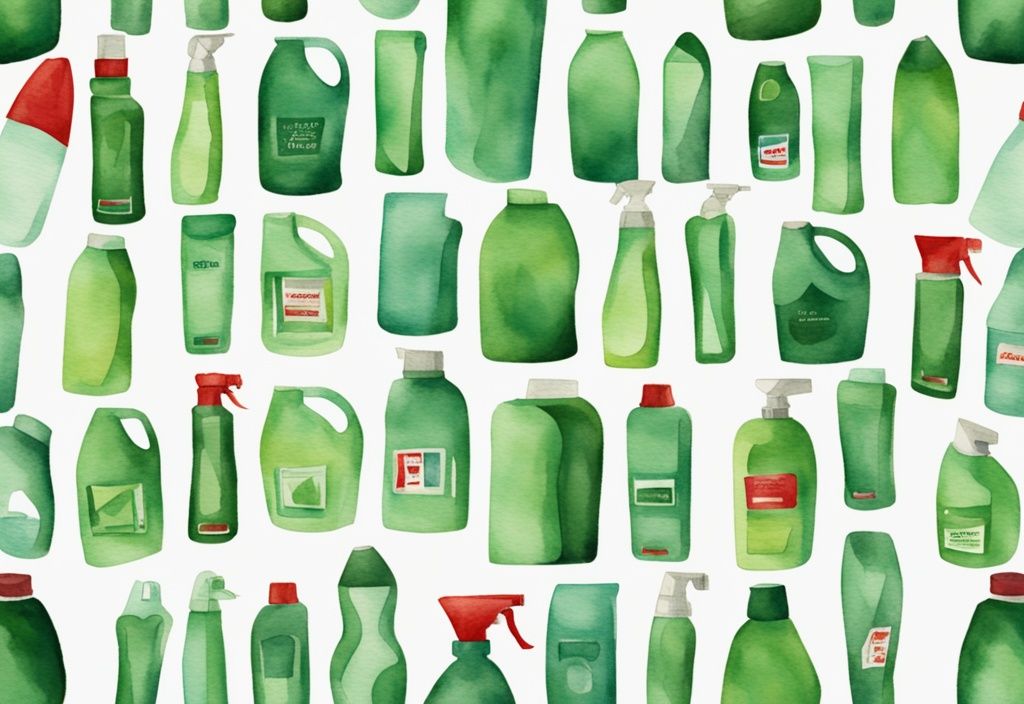


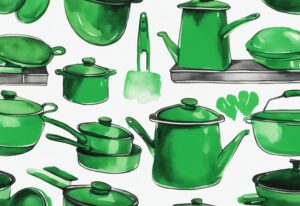



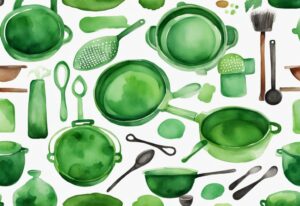
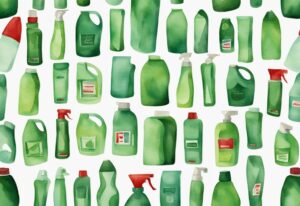


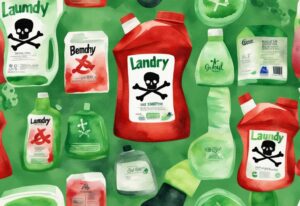

Post Comment